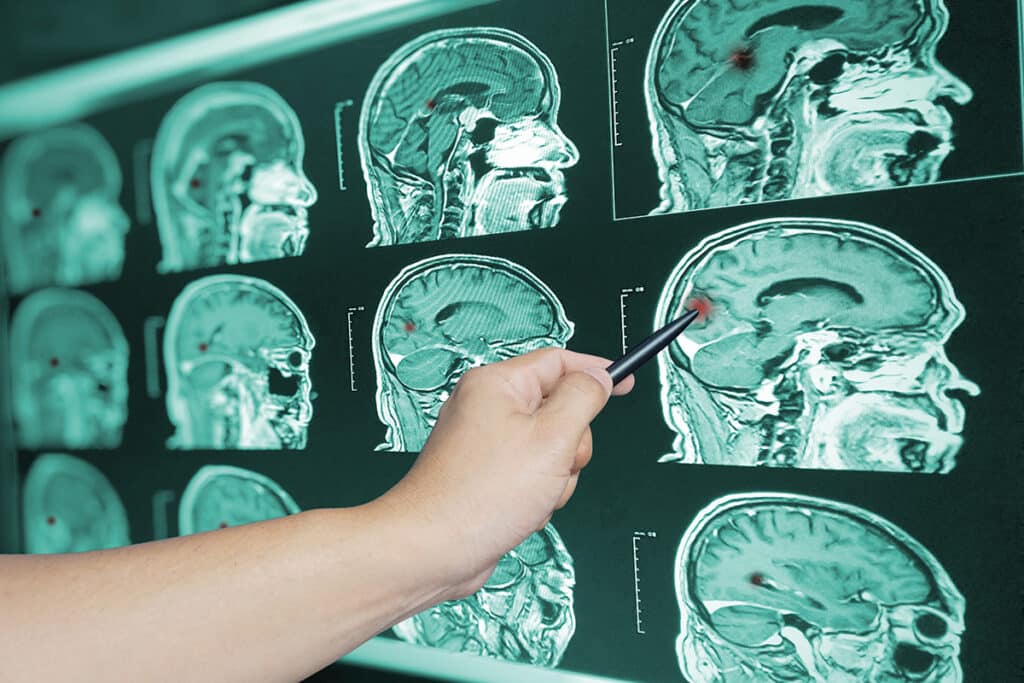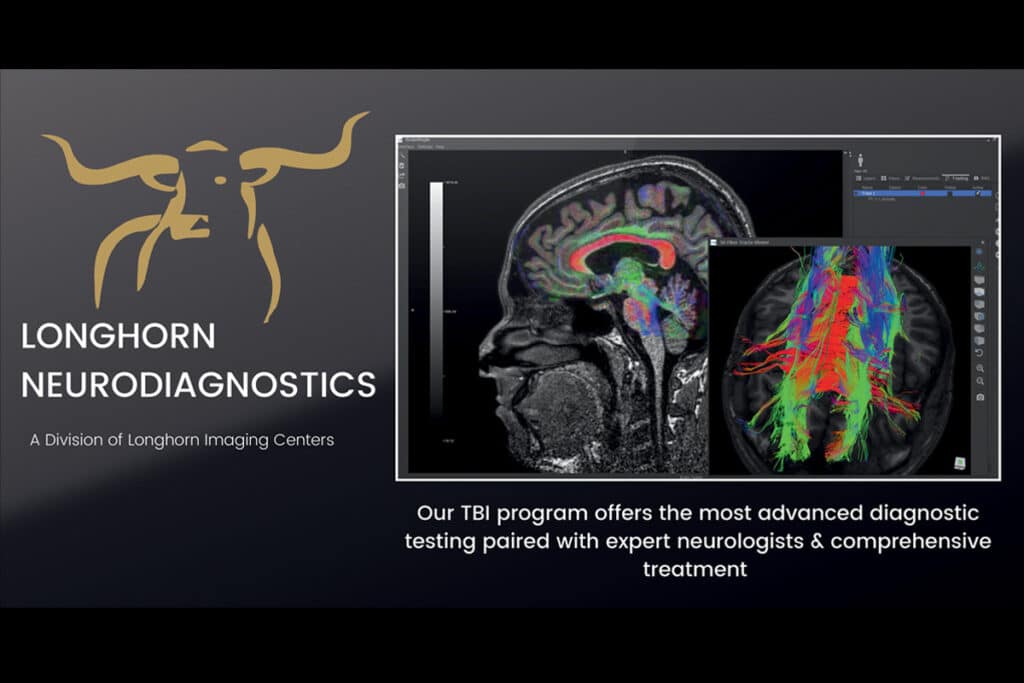Hormone replacement therapy — the use of medications containing female hormones to replace the ones the body no longer makes after menopause — was once a standard treatment for women with hot flashes and other menopause symptoms. Following a widely reported study conducted through the Women’s Health Initiative in the 1990s, hormone replacement therapy was widely discontinued.
But if you’ve only read the headlines, … you may not be getting the full story. You could be making important decisions on false information and you may be missing crucial benefits of hormone replacement therapy.
Dr. Tim Hlavinka, an expert in women’s sexual medicine who is also a board-certified urologist specializing in both general urology and lifestyle medicine at San Antonio’s The Urology Place, explains that the study created what he terms “hormonaphobia” — the fear of treating women with hormones due to the perception that they’re dangerous. “Many read the headlines about the study, but not the data,” details Dr. Hlavinka. “The headlines gave an improper analysis of the data, improper interpretation of the data, improper communication about the data and improper policy recommendations.
“Because the message was ‘they’re dangerous,’ people have gotten away from how important this decision is for a woman,” explains Dr. Hlavinka. Eighty-six is the average life expectancy for women, and menopause is now happening at the age of 51 — and dropping, according to Dr. Hlavinka, a Fellow for the International Society for the Study of Women’s Sexual Health. He’s the society’s only medical fellow in the state of Texas.
Well known for his research in sexual health and hormone replacement therapy, Dr. Hlavinka can quickly outline the common misconceptions people have heard about hormone replacement therapy, or HRT. “Hormones cause cancer — that’s false, especially in relation to breast cancer. Hormones cause heart attacks and strokes — that’s false,” he continues. “Hormones don’t help in preventing Alzheimer’s and other dementia. That’s also false.”
Unfortunately, finding the proper perspective on HRT is difficult, Dr. Hlavinka notes, as the source that many turn to for information, the internet, offers limited unbiased information. Which is why he stresses that if you’d like to understand how HRT could safely benefit you, working with a doctor is important. “Find a doctor that you can have an honest discussion with, who will cover this and detail its merits,” he advises.
If you’re post-menopausal or perimenopausal, HRT can provide relief to many conditions that bother women. Hot flashes, night sweats, mood swings, weight gain, loss of libido, vaginal dryness and fatigue are common symptoms. Dr. Hlavinka notes that early menopause and early perimenopause are very common, starting as early as the late 30s or early 40s in many women. Thanks to women’s life expectancy, that means women may be dealing with these symptoms well into their 80s.
Dr. Hlavinka suggests that women dealing with any of these individual symptoms work with a doctor to check their hormone levels and have a discussion about HRT. However, there’s no one-size-fits-all approach. “Individualization of treatment is absolutely a cardinal rule,” he notes.
And not all women are good candidates for HRT. However, the exceptions are far less common than people may believe and should be considered on an individual case-by-case basis. “If you have an extensive breast cancer history, have coagulation problems or are someone who has pre-existing cardiovascular disease, find a provider who is going to work with you on the individual details necessary to make this critical life decision,” he explains.
When asked about “the typical HRT patient,” who doesn’t realize how she can be helped by HRT, Dr. Hlavinka has story after story of women who initially fear HRT or refuse treatment — until they realize how great the benefits can be and how small the risks are. One of his patients was adamant about not using HRT because her mother had breast cancer. He was able to research her risks, providing data to show that in spite of that, she had only a 1.9 percent chance of being diagnosed with breast cancer in the next five years, and only a 12 percent chance in her lifetime. She happened to have had a hysterectomy as well, ultimately decreasing her risk factors even further. That data gave her the confidence to try HRT.
To help find the right provider to address your HRT needs, ask the following questions:
• Why aren’t you giving me hormones?
• What are my risk factors for HRT?
• What are the side effects of HRT?
• What happens if I don’t take hormones?
“And be sure to talk to a provider who is giving you an honest evaluation of the potential side effects,” notes Dr. Hlavinka, since so many HRT headlines are misleading or false.
By Dawn Robinette





